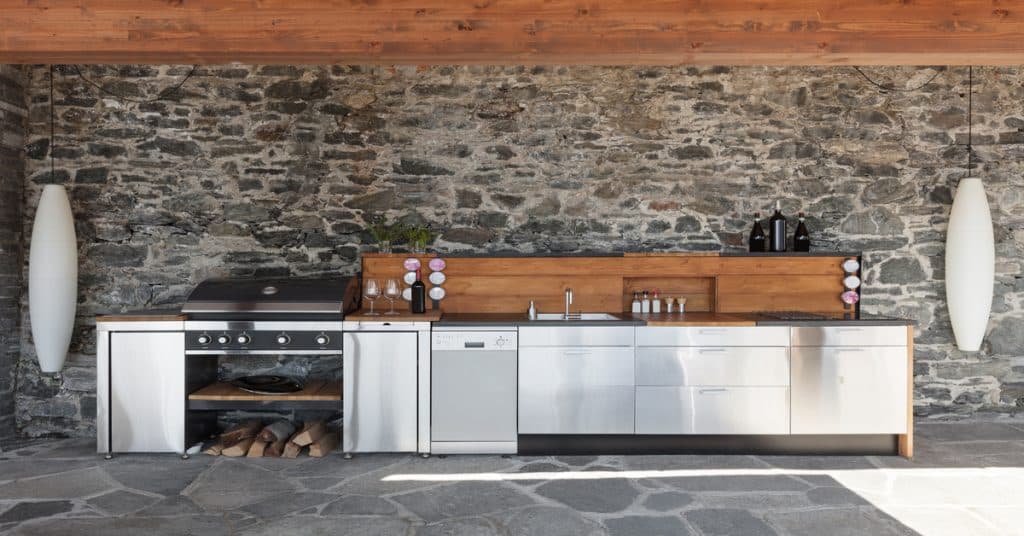Children are little balls of energy, but they don’t always have a good way to focus their efforts. Because of this, interests may burn out quickly before they have a chance to develop into skills. Discovering passions and learning skills plays an essential role in critical and creative thinking, allowing people to see from different viewpoints. Know some ways to encourage creativity in your kids to help them hone these skills and enhance their critical-thinking ability.
Give Them Building Toys To Play With
One of the best ways to develop creativity in your children is to give them building block toys to play with. These enable your kids to make constructions from their own imaginations, veering away from the direction booklet to try new designs.
This process teaches them what will and will not work, forcing them to get creative to achieve the construction they envision. It gives them a chance to contemplate what problems limit their building and how they can circumvent those limitations. Your kids become introspective without realizing that they’re doing it, and all the while, they have fun playing with their toys.
Start Some Art Projects
In the same vein as building blocks, art, whether it’s drawing with pen and paper or watercolors, gives your kids the opportunity to solve unique problems. When trying to create art, kids need to puzzle out how to get the image in their head onto their paper and make it as close to their ideal as possible.
At the start, transcribing their thoughts will seem challenging, but as their skill grows, their creative instincts will develop. Eventually, they’ll be able to look at a piece of paper and know what they need to do to achieve the look they want, significantly enhancing their ability to put down their thoughts in a creative and cohesive manner.
Get Them Interested in Cooking
Cooking is one of the most practical life skills to have, and it lets your kids discover how flavors and spices interact with one another. This interplay between tastes encourages your kids to experiment with new things, testing out new combinations based on how they interact with each other.
Your kids won’t know what flavors taste good together when they start; that’s something they’ll need to learn from trial and error. But once their knowledge grows deeper, they’ll be able to mix concoctions from scratch, workshopping new takes on existing dishes. The intensity of the cooking will depend on your child’s age and skill level; start them off slow, and build up to more complex dishes.
Give Them an Outlet
Kids are creative but largely directionless, so it’s up to you to provide them with the tools to focus their creativity and help them develop valuable life skills. Discover their interests, and encourage them to try new things, expanding their horizons and increasing their experiences.



